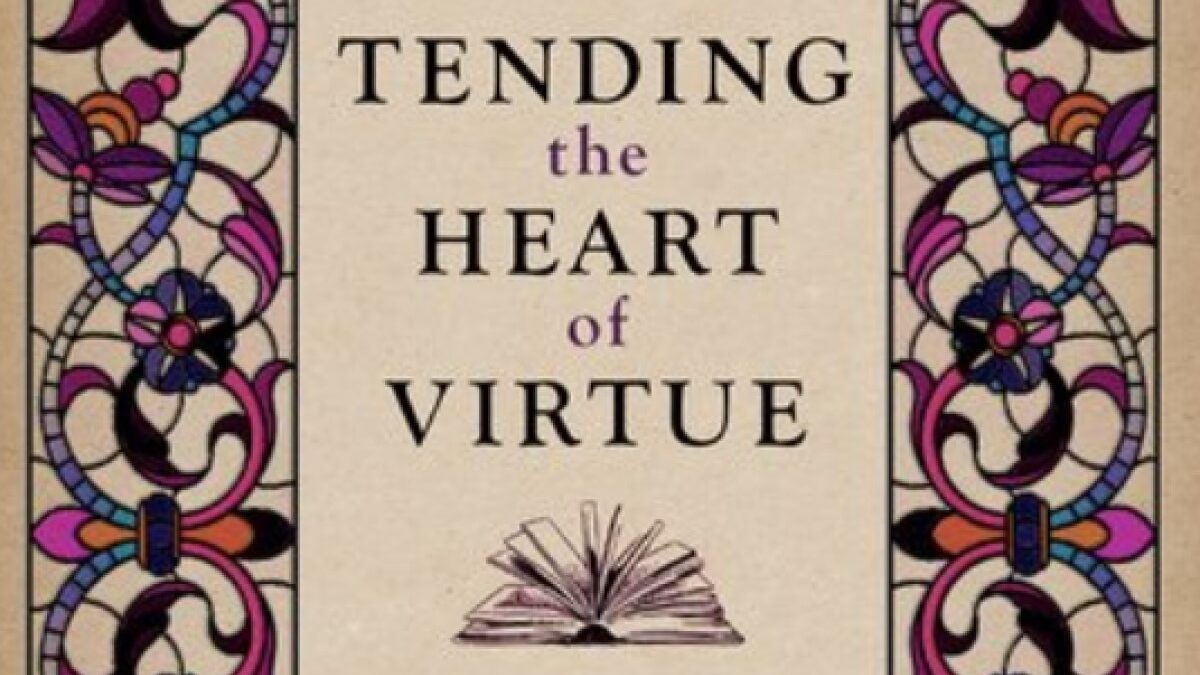
We were excited to see the sign at the Lansing Mall: Barnes and Noble Booksellers. My roommate and I, on our spring break excursions, were shopping in another city when we spotted the national bookselling chain. We envisioned a long hour of perusing the great books — from Cicero to Tolstoy, Shakespeare to Dickens, Plato to Faulkner. My roommate joked she never made it out of a bookstore without purchasing at least one volume.
After walking through a maze of board games, Harry Potter paraphernalia, and $10 romance novels, we found the classics “section” — a barely 10-foot-wide corner where “Hamlet” was shoved up beside “The Catcher in the Rye” in an uneven pile. For all that the store owners and its patrons cared, the sign at the top could have read: “Old Stuff.”
Perhaps booksellers who neglect the classics are merely responding to market demands. Who wants to read those old white guys, anyway? Maybe no one does for now, but booksellers should still put their time and resources towards presenting their customers the greatest literature of the Western world.
Recently, the historically black college Howard University dissolved its classics department as part of “prioritization efforts” at the college. But as Harvard professor of Philosophy Cornel West and CEO of the Classic Learning Test Jeremy Tate said in an op-ed for the Washington Post, “Academia’s continual campaign to disregard or neglect the classics is a sign of spiritual decay, moral decline and a deep intellectual narrowness running amok in American culture.”
In fact, as the op-ed pointed out, many black civil rights leaders such as Frederick Douglass and Martin Luther King Jr. have praised and benefited from reading the classics. Indeed, reading and studying the classics is, “How we become our full selves, spiritually free and morally great,” West and Tate write.
The classics are classics for a reason. Western society didn’t randomly decide that certain people, in certain periods, would write the books students would begrudgingly skim for lit class centuries later. The classic books — whether from the classical period itself (“The Odyssey”) or written centuries later (“Oliver Twist,” “Huckleberry Finn”) — say something about humanity itself.
Who hasn’t felt the irresistible call of the “siren song” and thanked his foresight in removing the means to act on that temptation, as Ulysses did? Who hasn’t witnessed the complete failure of government-run charity to actually alleviate poverty? “Oliver Twist” explores the implications of such failure through the life’s story of a young boy living in an infamous London poorhouse.
In “Huckleberry Finn,” Mark Twain exposes the lies of the racist, slave-holding South by viewing it through the lens of a young boy viewing the hypocrisy for what it is. Sometimes the renewing force of youth exposes the moral decay of “civilization.”
The classic books deal with problems that exist no matter the historical circumstances — feelings of alienation, greed, the inevitability of evil and death, and the imperative of goodness and eternal life. No iPhone can take that away.
The eternal human lessons discussed in the classics are why those books last. On Medium.com, Spencer Baum writes about the importance of reading classic literature. Focusing on the timeless lessons of “Moby-Dick,” Baum puts it well: “After you’ve read ‘Moby-Dick’, if you took the time to truly grapple with it, you’ll start to recognize Ahab whenever he shows up in your own life.”
Ahab is the wounded man who seeks vengeance against the inanimate forces of nature by succumbing to the fatal promise to “be as gods,” a promise that hearkens to the opening chapters of the biblical book of Genesis.
The layout of the bookstore was telling. In barely five years, all of the books displayed in places of prominence will become irrelevant. The next book about being a #girlboss or “The Lord of the Rings” fanfiction will take its place. As Shakespeare himself would say, the popular but transient books will be “hoisted on their own petard.”
When I spoke about this phenomenon with another friend some weeks later, he mentioned a book published in 1970 — “The Greening of America” by Charles Reich — that was massively popular when it came out. I had never heard of it. Indeed, when the author died two years ago obituaries had to remind readers who he was, and why, at one point, his book was important.
Ultimately, it’s not that such books don’t serve a purpose and aren’t even important to write and read, it’s that they almost always don’t warrant the disproportionate attention they receive upon release in comparison to the classics.
The classics will last. Few read “The Greening of America” anymore, but — despite the best efforts of the cancelers — we will continue to read “To Kill a Mockingbird” for decades, even centuries, to come. True, some schools have removed the book from study for supposedly depicting Atticus Finch as a “white savior.” But “To Kill a Mockingbird” is so much deeper than the cancelers make it out to be.
Among other things, “To Kill a Mockingbird” explores the striking contrast between innocence and evil, as Scout confronts the harsh realities of racism in the adult world as a young child. “To Kill a Mockingbird” answers the question: How can one choose to be good in a world where evil runs amok?
Maybe once the truly permanent nature of the classics is revealed, Barnes and Noble, along with our public consciousness, will again give the classics the place of prominence they deserve. To quote the now canceled Rudyard Kipling, “The gods of the copybook headings will with terror and slaughter return.”
In the recent Netflix film “Moxie,” a teenage feminist questions why “The Great Gatsby” was assigned for summer reading. “Why are we still reading this book?” she asks. “It’s written by some rich white guy, about some rich white guy.” How simplistic.
Perhaps if she had removed her feminist reading lens, this young radical would have found something worth remembering in Fitzgerald’s book. More than a story of a man “obsessed with the only girl he can’t have,” as the student summed it up, “The Great Gatsby” explores the implications of a life lived for pleasure, the promises and failures of the American dream, and the empty refinement of social stratification.
Indeed, if the activist of “Moxie” wants social revolution out of her novels, she should read the following passage from “Gatsby”:
They were careless people, Tom and Daisy — they smashed up things and creatures and then retreated back into their money or their vast carelessness, or whatever it was that kept them together, and let other people clean up the mess they had made.
There’s only one appropriate word for that quote: Classic.
Updated and expanded from an article that originally appeared in the Hillsdale Collegian.









